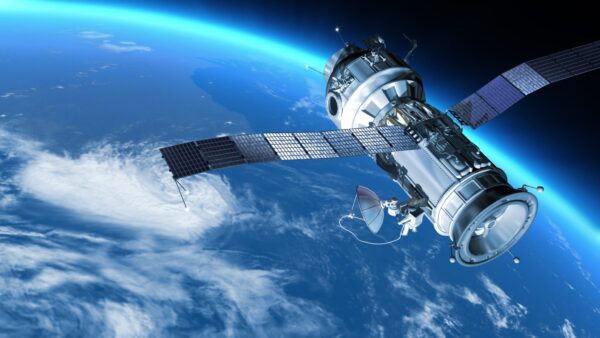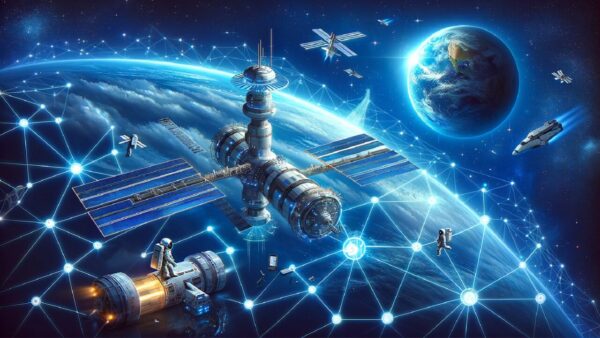Charting the Unknown: How Space Exploration is Redefining Our Future
Space exploration has always been the ultimate adventure, driving humanity to explore beyond our planet and imagine new possibilities. From the iconic Apollo Moon landings to today’s cutting-edge missions to Mars, space exploration isn’t just about what lies beyond—it’s about transforming our future.
The Dawn of a New Space Age: Private Companies Pioneering Exploration
In the past, space exploration was the realm of national agencies like NASA and Roscosmos. Today, the space landscape is undergoing a seismic shift, with private companies taking the helm. Pioneers like SpaceX, Blue Origin, and others are not only joining the race but are pushing the boundaries of what’s possible.
SpaceX’s development of reusable rockets has revolutionized the industry, drastically reducing the cost of sending payloads into space. This innovation is unlocking new horizons, from creating vast satellite networks that could connect every corner of the globe to laying the groundwork for human settlement on other planets.
The Moon: A Gateway to the Solar System
The Moon is once again a focal point for space exploration, but this time with a broader vision. NASA’s Artemis program is set to return humans to the lunar surface, with plans to establish a sustainable presence by the late 2020s. Unlike the Apollo missions, which were brief visits, Artemis aims to make the Moon a stepping stone for deeper space exploration.
The Moon’s resources, such as water ice that can be converted into oxygen and hydrogen, are critical for supporting life and fueling rockets. Establishing a permanent lunar base could serve as a launchpad for missions to Mars and beyond, making the Moon an essential part of humanity’s future in space.
Mars: The Next Frontier for Human Exploration
Mars has captured the imagination as the next major goal for human exploration. With its Earth-like day length, polar ice caps, and the potential for water beneath its surface, Mars offers the most promising environment for sustaining human life outside Earth.
NASA’s Perseverance rover is already paving the way by exploring the Martian surface, searching for signs of ancient life, and collecting samples for future return missions. Meanwhile, SpaceX is developing the Starship spacecraft, designed to transport large numbers of humans to Mars with the vision of establishing a self-sustaining colony.Despite the formidable challenges of colonizing Mars—ranging from its unforgiving environment to the mental strain of extended space missions—the vision of establishing humanity as a multi-planetary species fuels these ambitious endeavors.
Beyond Mars: Searching for Life and New Horizons
While Mars is a primary target, space exploration extends far beyond our neighboring planet. Missions to the outer solar system, like those exploring Jupiter’s moon Europa and Saturn’s moon Enceladus, are crucial in the search for extraterrestrial life. These moons are believed to harbor subsurface oceans that could support life in conditions similar to Earth’s deep-sea ecosystems.
Additionally, studying asteroids and comets offers insights into the origins of our solar system. Missions like NASA’s OSIRIS-REx, which recently returned a sample from the asteroid Bennu, are providing valuable data on the building blocks of life and the early solar system’s formation.

Space Exploration’s Impact on Earth: Innovations and Solutions
Moreover, the drive to innovate for space exploration often leads to breakthroughs that can transform industries on Earth. Whether it’s new materials, cutting-edge AI, or advancements in energy efficiency, the ripple effects of space exploration touch every aspect of modern life.
Conclusion: The Endless Potential of Space Exploration
As we venture deeper into the cosmos, space exploration continues to redefine our future. From the Moon to Mars and beyond, each mission expands our understanding of the universe and our place within it.The hurdles are significant, but the potential rewards are equally vast.As we push the boundaries of exploration, we are not just reaching for the stars—we are shaping the future of humanity, one discovery at a time.




